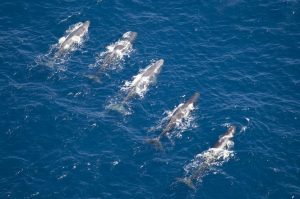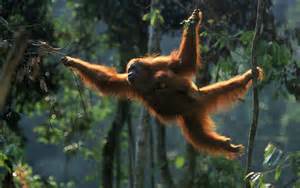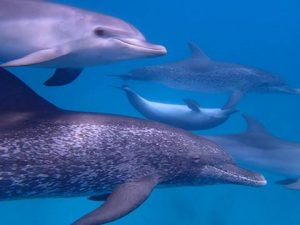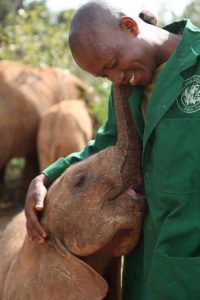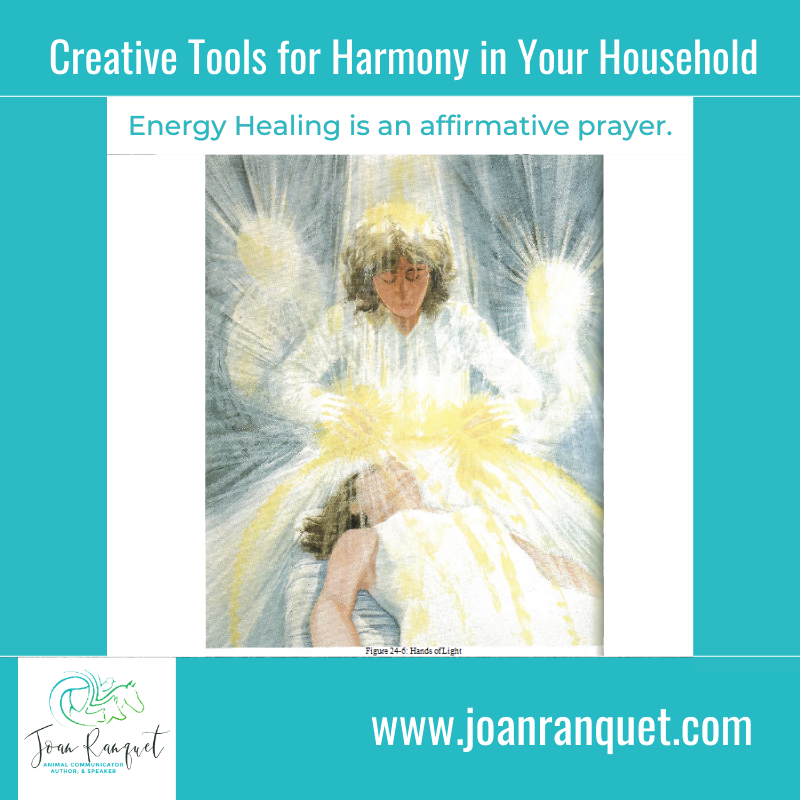Why am I so passionate about taking people to see wildlife?
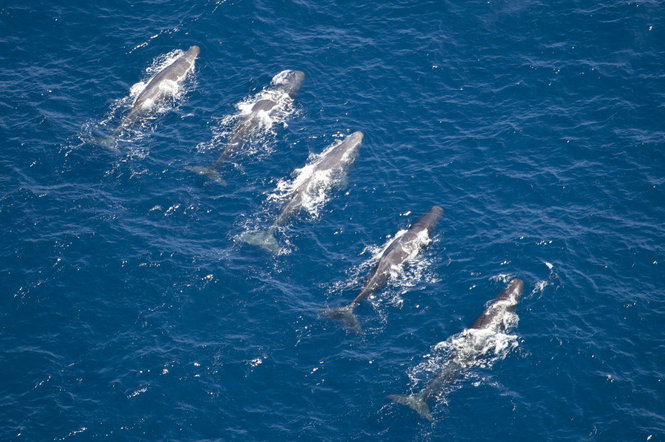

I think of wildlife as our extended family. We live with animals in our home, they are considered family. Since the earth is our larger home, wildlife is automatically our extended family.
If we are not cautious, this will go away. We have so much at stake with wildlife now and my interest is in looking at who is endangered…..and how can we get their story to the forefront of other human’s minds?
If we have story around people and animals in these far reaching corners of the planet, we have context, we won’t want to look away. Context engages us.
I have been very fortunate as an animal communicator and author to experience and share the amazing journeys that I have had. I know not everyone will have the opportunity to pick up and travel or has the interest to sit in silence waiting for something miraculous to happen after 4 hours of watching dolphins sleep. I get it.
I feel as though my work with animals and people on a daily basis whether, it is through private sessions, my books or teaching, has an impact on creating better relationships here at home.
By creating better relationships with our extended family, and having stories to come back with, we are impacting wildlife for the better, if for no other reason than we are bringing awareness to their plight, creating context and engaging others in their story.
What is their plight? Many of the animals that we adore are living in beautiful regions that are poverty stricken. So our extended family faces extinction at a growing rate.
What does poverty have to do with wildlife? Resources in the area would be limited. For example, the orangutans. Their habitat is threatened by our need for palm oil. The humans in this area need the money. So raping the forest is necessary unless we help them with another solution.
In Southeast Asia and Africa, if you are a villager with no big income and wildlife comes ripping through your yard and takes your livestock, you will soon be seeing wildlife as a nuisance. This becomes another reason that locals in areas rich with wildlife tend to lose interest quickly in the preservation of endangered species. Those humans are in survival mode. Killing the “nuisance” is necessary, unless we help those villages with another solution.
Poaching, canned hunting, trophy hunting, rounding up animals for marine exhibits or zoos, for obvious reasons, give a lot of money to poor communities.
This is all without even talking about what nature does. Right now the lions of South Africa are facing drought and are starving.
And then we look to the sea. The sea life is at risk. Orcas are starving because of over fishing. Corral reefs are starving because of overfishing. And we dump toxins into the ocean at a rapid rate.
Eco-tourism also can bring money in. The beauty of Animal Communication Wildlife Retreats is that we can give a voice to the people, the animals and the sea or the land so that solutions come more quickly.
In New Zealand, an entire village that was dedicated to whaling has now become dedicated to the preservation of the whale and they are thriving.
A once famous fishing village in Mexico has become a great spot for snorkeling as the community painstakingly worked hard to bring the reef back to life.
This can be done.
We live in exciting times when communication through social media is so readily available and ideas can be completely manifested quickly.
To me, one of the greatest honors on the planet is having the dolphins choose to play with us in the deep blue sea when they could be doing anything else they wanted to that day!
Going on these trips is an adventure in learning about specific species, becoming aware of necessary conservation and understanding the communities that surround the animals. I love bringing those conversations back home, sharing the joy and lamenting their plight, creating a consciousness around individual animals and people that need our awareness in order to survive. Consciousness will bring a change for the better.

